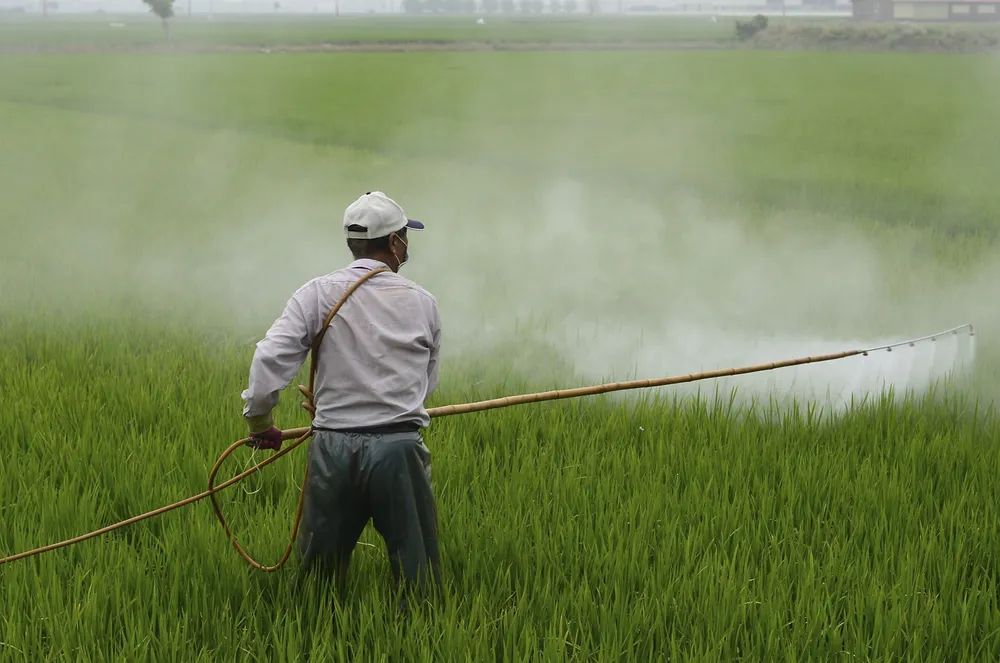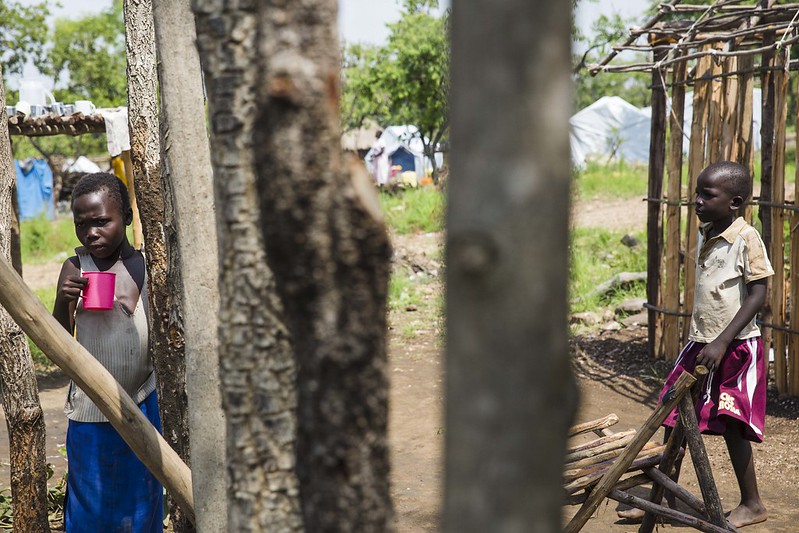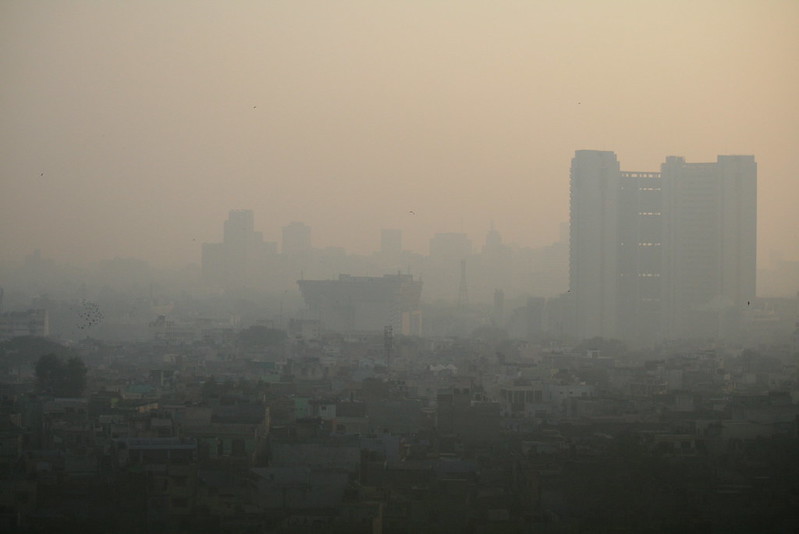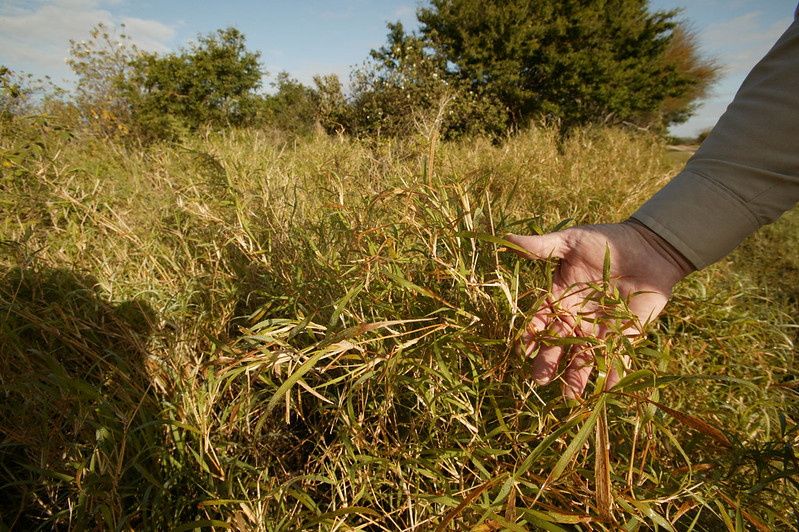The administration has established that “every worker in America has the right to shade, water, and rest while working in temperatures that could kill them,” a labor leader said.
By Edward Carver. Published 7-2-2024 by Common Dreams

Labor advocates celebrated on Tuesday following the Biden administration’s announcement of a proposed rule to protect workers from extreme heat—the first national workplace heat safety standard.
The Occupational Safety and Health Administration (OSHA), an agency within the U.S. Department of Labor, published the rule, which the administration says would protect about 36 million indoor and outdoor employees from heat-related injuries and illnesses. It follows similar regulations that five states have approved in recent years.
Continue reading









